In the realm of music, few themes carry as much weight or stir as much emotion as the topic of suicide. Songs about suicide span genres, artists, and eras, each bringing a unique perspective to this delicate subject.
From the haunting lyrics of Linkin Park to the poignant messages of Billie Eilish, musicians have long used their platforms to explore the complexities of mental health, despair, and the human condition. But what drives artists to delve into such a somber theme? And how do listeners connect with these songs about suicide, finding solace, understanding, or even hope within their melodies and verses?
Linkin Park: Melodies of Despair and Hope

Linkin Park has a unique place in the music world, balancing between the electric energy of nu-metal and the introspective depth of their lyrics. Songs like “Crawling” and “Numb” are emblematic of their exploration into the psyche of those wrestling with their own demons.
While not directly songs about suicide, these tracks delve into themes of depression, isolation, and the yearning for relief, resonating deeply with listeners facing similar struggles. The band’s ability to vocalize inner turmoil has made their music a beacon for those seeking understanding in their own lives.
Five Finger Death Punch: A Call to Arms Against Despair

With a name that evokes immediate intensity, Five Finger Death Punch tackles the issue of suicide head-on in their song “Coming Down.” This powerful track serves as a raw, unfiltered examination of the impact of suicide, coupled with a heartfelt plea for suicide prevention.
The band’s commitment to raising awareness about mental health challenges illustrates the potent role music can play in catalyzing conversation and encouraging individuals to seek help.
The Notorious B.I.G.: Narrating Suicidal Thoughts

In the world of hip-hop, few songs have approached the subject of suicide with the rawness and authenticity of “Suicidal Thoughts” by The Notorious B.I.G.. This track stands out as a stark, gripping dialogue with death, offering listeners a window into the darkest corners of the human mind.
Biggie’s narrative skill and emotional delivery make this song a poignant exploration of despair, showcasing the power of music to articulate the inarticulable.
Blink-182: Adam’s Song

“Adam’s Song” by Blink-182 represents a pivotal moment in pop-punk history, where the band shifted from their usual upbeat tempos to tackle the somber subject of suicide. Inspired by a letter from a troubled fan, “Adam’s Song” captures the essence of loneliness and the flickering hope for better days. This track remains a testament to the band’s versatility and their commitment to connecting with listeners on a deeply personal level.
Ozzy Osbourne: The Controversy of Suicide Solution

Ozzy Osbourne’s “Suicide Solution” has long been enveloped in controversy, with many misinterpreting the song’s message. Far from glamorizing suicide, Osbourne has clarified that the track was intended as a cautionary tale about the dangers of alcoholism, a “solution” that only leads to death. The song underscores the importance of understanding the artist’s intent and the multifaceted ways in which music addresses the topic of suicide.
“Don’t Leave Me Now” by Pink Floyd
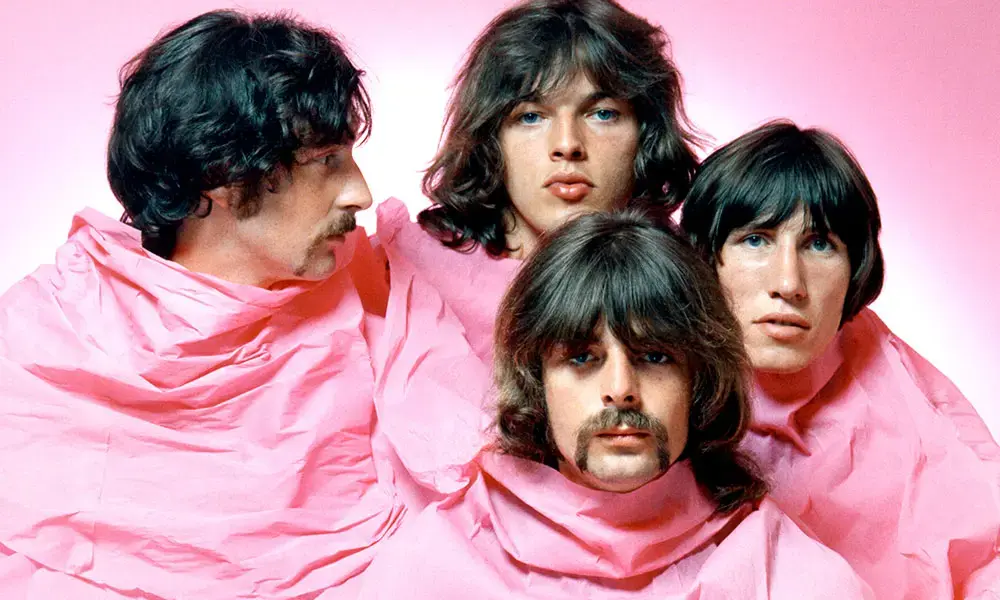
The song “Don’t Leave Me Now” from Pink Floyd’s seminal album “The Wall” delves deeply into themes of abandonment and self-isolation, which are central to the album’s narrative. This track portrays the protagonist, Pink, in a state of despair as he experiences the psychological breakdown of his relationships, contributing to the metaphorical wall he builds around himself.
The lyrics reveal a plea not to be left alone, underscored by intense feelings of rejection and loss. Although not explicitly about suicide, the song captures the severe emotional pain that can drive individuals toward self-destructive thoughts.
“Emma” by Hot Chocolate
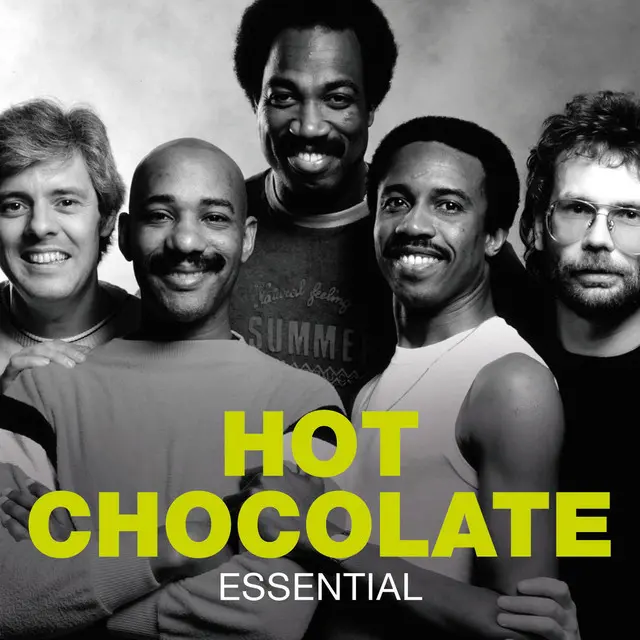
Hot Chocolate’s “Emma” narrates the tragic life and eventual suicide of a girl who aspires to be a movie star. Throughout the song, Emma faces constant setbacks and disillusionments, which slowly erode her dreams and spirit.
The chorus poignantly recounts her decision to end her life, offering a critical reflection on the harsh realities of fame and personal downfall. Unlike songs that might romanticize despair, “Emma” presents a somber cautionary tale, emphasizing the severe impact of unfulfilled dreams and mental anguish on an individual’s decision to commit suicide, urging empathy and awareness.
“You’re Only Human (Second Wind)” by Billy Joel
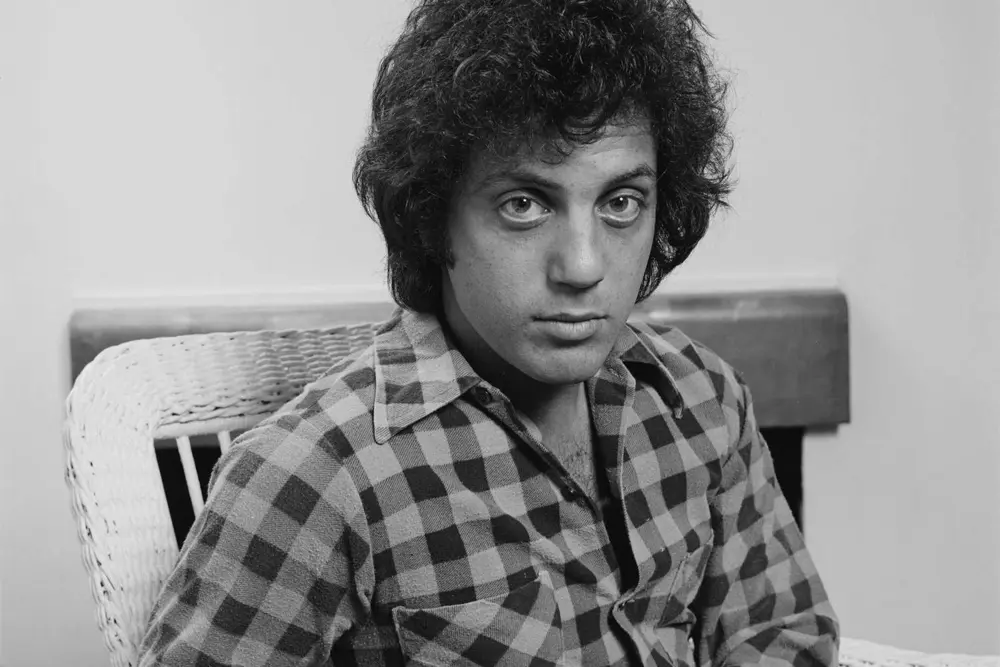
Billy Joel’s song “You’re Only Human (Second Wind)” serves as an empathetic message to those who may have considered or committed suicide. The song underscores the inevitability of making mistakes but encourages finding strength to continue through difficult moments.
Joel explicitly composed this song to offer hope and support, emphasizing that everyone deserves a second chance at life. The song has resonated with many, potentially serving as a lifeline during dark times. It’s an anthem that has saved lives by reminding listeners of their resilience and the transient nature of despair.
“Hold On” by Good Charlotte
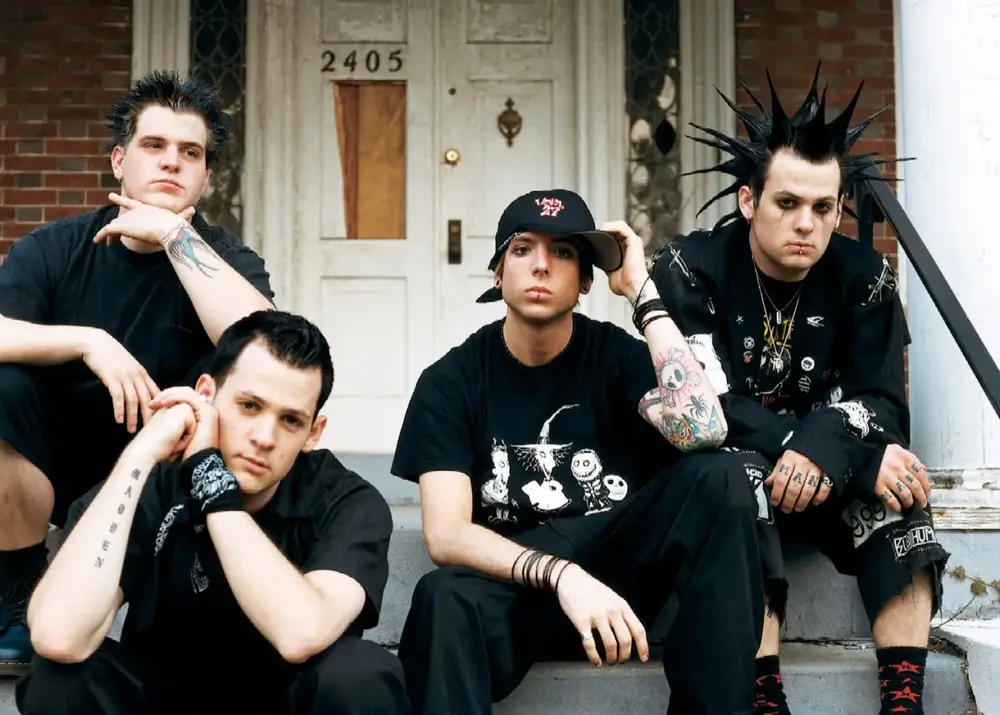
Good Charlotte’s “Hold On” directly addresses individuals who have contemplated or committed suicide, offering a powerful message of perseverance and hope. The song emphasizes the importance of holding on through the struggles, suggesting that enduring the hardships is crucial.
The band members have spoken about the impact of this song, noting how fans have shared stories about how the song saved their lives. The music video further supports this message by featuring real-life stories of resilience, aiming to reduce the stigma surrounding mental health discussions and encouraging viewers to seek help.
“Never Too Late” by Three Days Grace
“Never Too Late” by Three Days Grace is a poignant exploration of despair and suicidal thoughts, yet it offers a message of redemption and the possibility of change. The song’s lyrics serve as a reassurance that it is never too late to seek help and to alter one’s path away from committing suicide.
It provides a narrative that many find relatable—a last-moment plea for a second chance at life. This song has reached many listeners who felt on the brink, potentially saving lives by encouraging them to reconsider the finality of suicide and find solace in recovery.
“Famous Last Words” by My Chemical Romance

“Famous Last Words” by My Chemical Romance is a beautiful song that embodies a powerful narrative of hope and resilience. Addressing themes close to suicidal thoughts and despair, the track encourages listeners to confront their darkest moments with courage.
The lyrics, “I am not afraid to keep on living, I am not afraid to walk this world alone,” resonate deeply, offering hope and a sense of solidarity to those struggling. By exploring these themes, the song aims to raise awareness about mental health challenges, promoting a message that even in the darkest times, one is never truly alone.
“Hurt” by Johnny Cash

Johnny Cash’s cover of “Hurt” is a beautiful song that powerfully captures the essence of regret and pain that can lead to thoughts of suicide. His somber voice and the minimalist arrangement amplify the emotional gravity of the lyrics, making it a moving plea for forgiveness and understanding from oneself and others.
This rendition became a poignant part of Cash’s legacy, aiming to raise awareness about the struggles with depression and the impact of life’s choices. The song ends on a note of introspection, suggesting a glimmer of hope amidst the sorrow, resonating deeply with those facing similar battles.
“Jeremy” by Pearl Jam
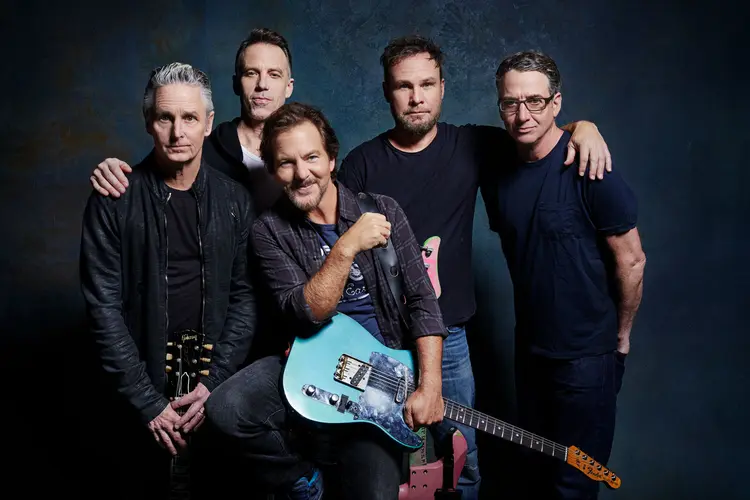
Pearl Jam’s “Jeremy” is a beautiful song with a haunting narrative focused on the tragic suicide of a young boy ignored and misunderstood by those around him. The song’s powerful lyrics and compelling video were designed to raise awareness about the devastating effects of bullying and the importance of paying attention to the mental health of young people.
“Jeremy” serves as a crucial reminder of the need for empathy and intervention in the lives of struggling youth, offering a somber reflection on what can happen when signs of distress go unheeded, yet also calling for hope and change in addressing these issues.
Conclusion

In exploring songs about suicide, we delve into music’s unique capacity to comfort and guide us through life’s darkest episodes. These songs serve as a potent testament to the healing power of music, providing not only an outlet for artists to express their inner turmoil but also a lifeline for listeners navigating their own mental health struggles. Music’s ability to encapsulate complex emotions in a way that words alone cannot makes it an invaluable companion during times of despair.
Songs that tackle the topic of suicide often do more than just articulate pain; they create a shared space where feelings of isolation and hopelessness are met with empathy and understanding. This communal experience can be incredibly soothing, offering a sense of solidarity and validation that is crucial for those who feel misunderstood or alone. Furthermore, music can act as a form of emotional catharsis, allowing individuals to process difficult emotions at their own pace, in a safe and controlled environment.
By bringing such a difficult subject into the public domain, these songs also play a critical role in breaking down the stigma surrounding mental health issues. They encourage listeners to talk openly about their feelings, seek help when needed, and understand that their struggles do not define them. Ultimately, music’s power lies in its ability to soothe the soul, offering hope and resilience even in the midst of profound sadness.


